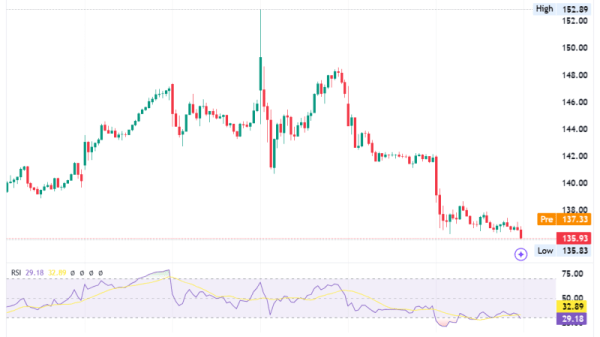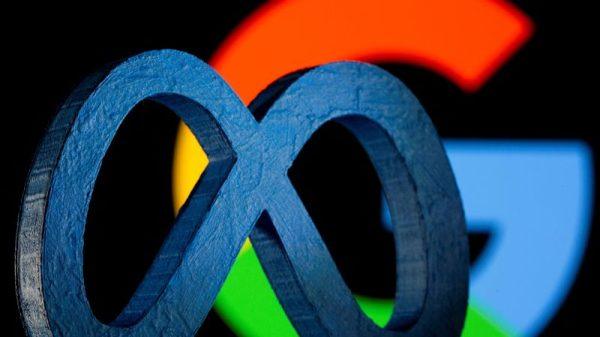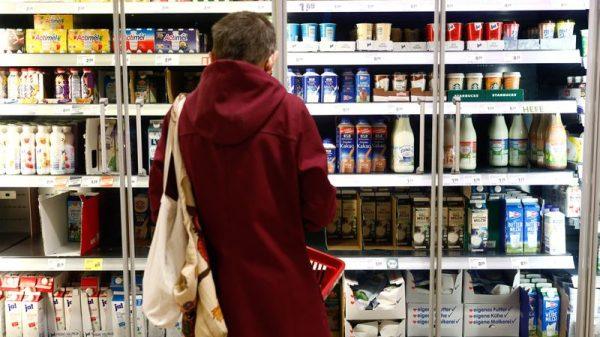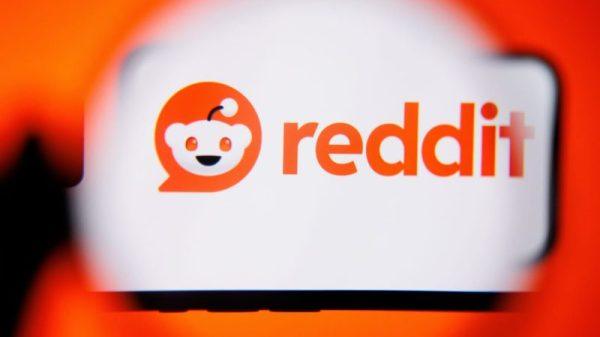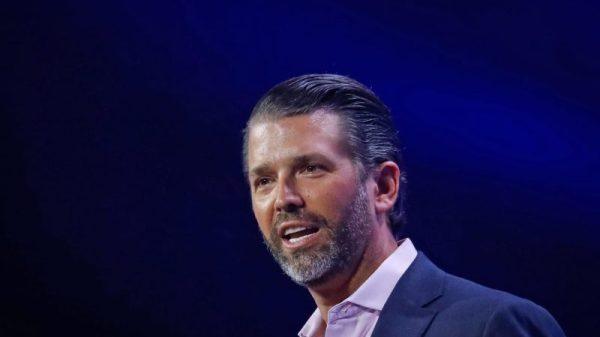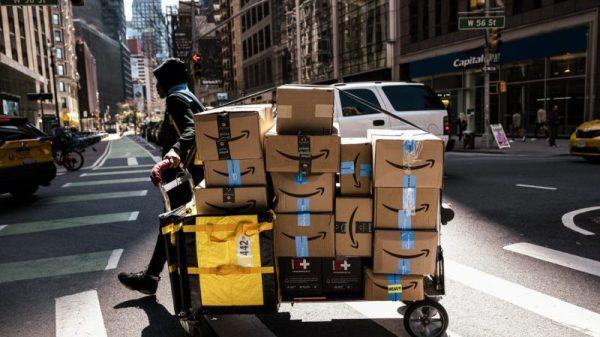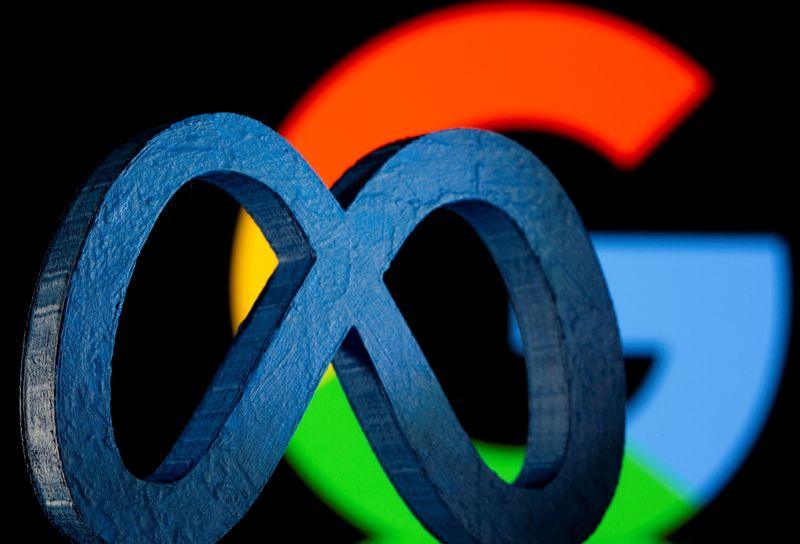By Byron Kaye and Praveen Menon
SYDNEY (Reuters) -Australia on Thursday passed into law a social media ban for children aged under 16 after an emotive debate that gripped the nation, setting a benchmark for jurisdictions around the world with one of the toughest regulations targeting Big Tech.
The law forces tech giants from Instagram and Facebook (NASDAQ:META) owner Meta to TikTok to stop minors logging in or face fines of up to A$49.5 million ($32 million). A trial of methods to enforce it will start in January with the ban to take effect in a year.
The Social Media Minimum Age bill sets Australia up as a test case for a growing number of governments which have legislated or said they plan to legislate an age restriction on social media amid concern about its mental health impact on young people.
Countries including France and some US states have passed laws to restrict access for minors without a parent’s permission, but the Australian ban is absolute. A full under-14s ban in Florida is being challenged in court on free speech grounds.
Getting the law passed after a marathon last day of Australia’s parliamentary year marks a political win for centre-left Prime Minister Anthony Albanese who goes to an election in 2025 amid sagging opinion polls. The ban faced opposition from privacy advocates and some child rights groups, but 77% of the population wanted it, according to latest polls.
Against the backdrop of a parliamentary inquiry through 2024 which heard evidence from parents of children who had self-harmed due to social media bullying, domestic media backed the ban led by Rupert Murdoch’s News Corp (NASDAQ:NWSA), the country’s biggest newspaper publisher, with a campaign called “Let Them Be Kids”.
The ban could however strain Australia’s relationship with key ally the United States, where X owner Elon Musk, a central figure in the administration of president-elect Donald Trump, said in a post this month it seemed a “backdoor way to control access to the Internet by all Australians”.
It also builds on an existing mood of antagonism between Australia and mostly US-domiciled tech giants. Australia was the first country to make social media platforms pay media outlets royalties for sharing their content and now plans to threaten them with fines for failing to stamp out scams.
Representatives of Meta, TikTok and X, which the government has said would be affected by the ban, were not immediately available for comment.
The companies – including Alphabet (NASDAQ:GOOGL)’s Google, whose subsidiary YouTube is exempt because it is widely used in schools – had argued the legislation should be postponed until after the age verification trial.
“It’s cart before horse,” said Sunita Bose, managing director of Digital Industry Group, which has most social media companies as members.
“We have the bill but we don’t have guidance from the Australian government around what are the right methods that a whole host of services subject to this law will need to employ,” Bose added, speaking to Reuters.
NATION DIVIDED
Some youth advocacy groups and academics had warned the ban could shut off the most vulnerable young people, including LGBTQIA and migrant teenagers, from support networks. The Australian Human Rights Commission said the law may infringe human rights of young people by interfering with their ability to participate in society.
Privacy advocates meanwhile warned the law could lead to heightened collection of personal data, clearing the path for digital identification-based state surveillance. A last-minute change to the bill specified that platforms must offer an alternative to making users upload identification documents.
“This is boomers trying to tell young people how the internet should work to make themselves feel better,” said Sarah Hanson-Young, a senator for the left-leaning Greens, in a late Senate sitting just before the bill was passed 34 votes to 19.
But parent groups pushed for intervention, seizing on comments from US Surgeon General Vivek Murthy who in 2023 said social media was worsening a youth mental health crisis to the point where it should carry a health warning.
“Putting an age limit and giving the control back to the parents, I think it’s a starting point,” said Australian anti-bullying advocate Ali Halkic, whose 17-year-old son Allem took his life in 2009 following social media bullying.
“For the 10 to 15 year olds (the ban) will be hard to manage, but the next generation who are coming up who are seven, eight or nine years old, if they don’t know what it is, why is it important?” he added in a phone interview.
Enie Lam, a Sydney school student who recently turned 16, said social media contributed to body image problems and cyber bullying but a total ban may drive young people to less visible, more dangerous parts of the internet.
“It will only create a generation of young people who will be more technologically literate in bypassing these walls,” she told Reuters. “It won’t achieve the desired effects.”
“We all know social media isn’t good for us but the social media ban generally sees a lot of young people who are strongly against it.”
($1 = 1.5394 Australian dollars)

